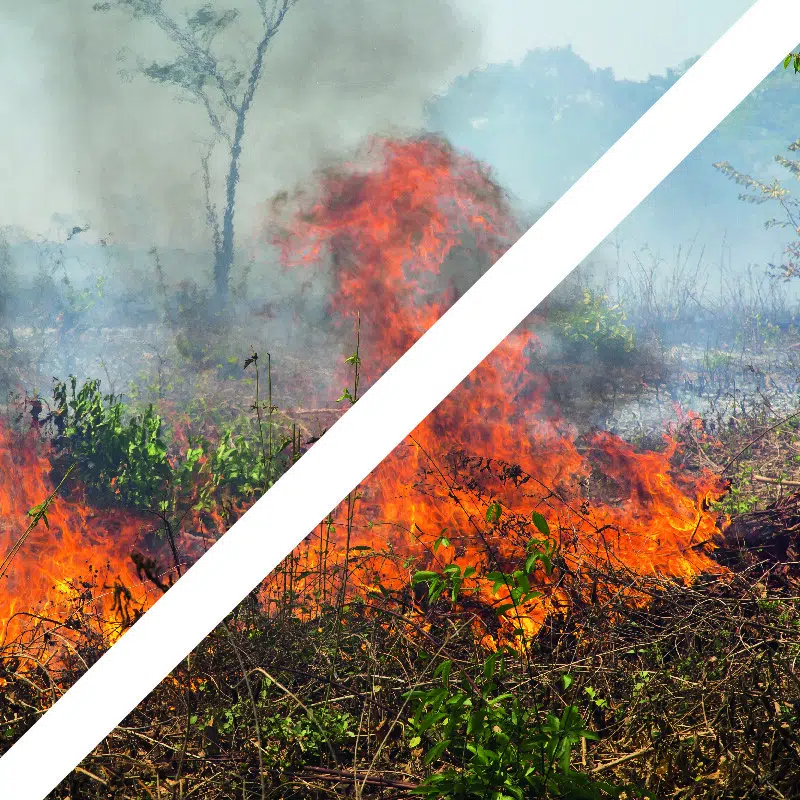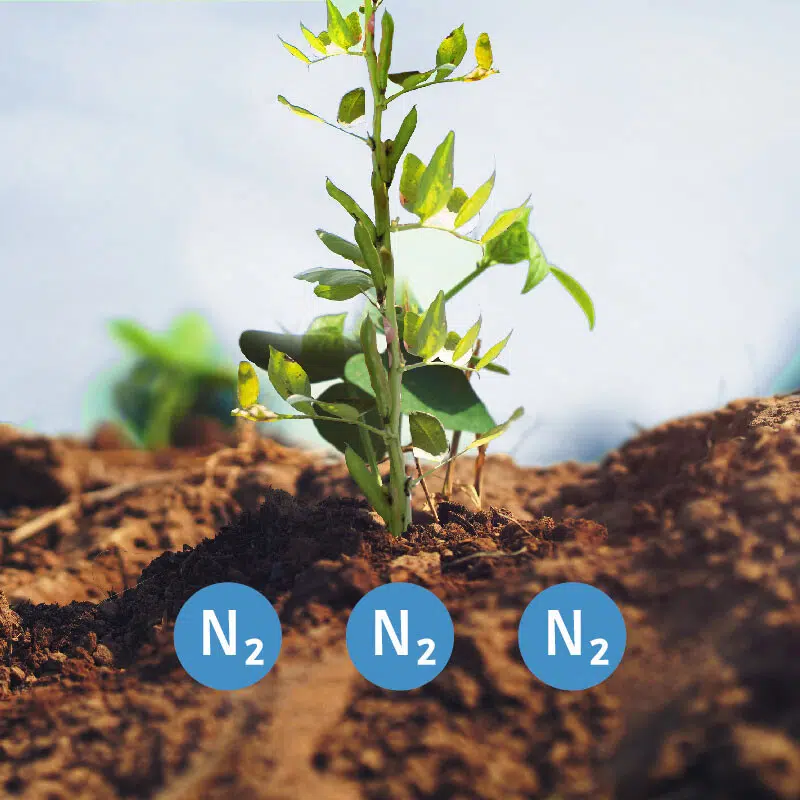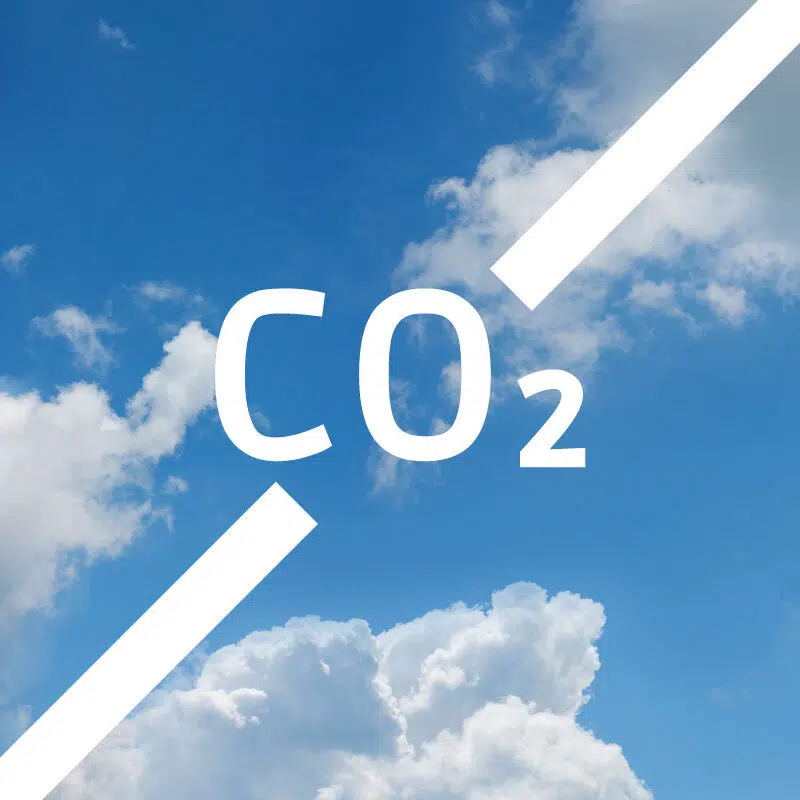
Deforestation-free
Cultivation
Soybean cultivation has been proven to destroy regulated forest
Many foods (and animal feed) contain climate-damaging ingredients from soy. In addition to the long transportation to Europe, parts of the rainforest are continuously cleared for soybean cultivation, with corresponding effects on the climate.
Advantages of Fava beans
Our native Fava beans only use existing arable land - no forest has to be cleared for them. It also fits into the natural crop rotation.
ROLAND BEANS - Perfect soy substitute with far-reaching environmentally friendly effects

Soil health and biodiversity
healthy soil
Less fertilization: Nitrogen fertilization is not necessary, as Fava beans symbiotically convert atmospheric nitrogen into soil-available nitrogen. The excess atmospheric nitrogen bound by the plant improves soil fertility for the following crop, so that fertilization can be reduced here. The reduced fertilization lowers the undesirable nitrate content of the groundwater.
Plowless cultivation possible: support for a natural soil structure. The shredded plant is added to the soil for humus formation as early as the bean harvest.
Biodiversity
Herbicides are not necessary. The dense foliage of the fava bean naturally controls weeds.
The fava beanprovides food (nectar) and protected habitat (unpolluted by pesticides) for insects.
Native Fava beans cultivation improves biodiversity, soil health and groundwater

Very low
CO₂ exposure
Less fertilization =
less CO₂
Less nitrogen fertilization means approx. 1,600 kg less climate-damaging gases (CO₂ and nitrous oxide) per hectare. Compared to a classic mineral fertilizer-based crop rotation, a Fava beans-based crop rotation can reduce the greenhouse potential by over 50%.
Less deforestation
and transportation
Replacing soy with regional Fava beans means less deforestation of climate-sensitive rainforests and less transportation.
With just 0.3 kg CO₂ per kilogram, field beans are one of the foods with the lowest CO₂ foodprint.
Our beans ripen under optimal growing conditions in a maritime climate and we are in direct contact with the growers. Further processing in Bremen is also carried out at the highest level.


